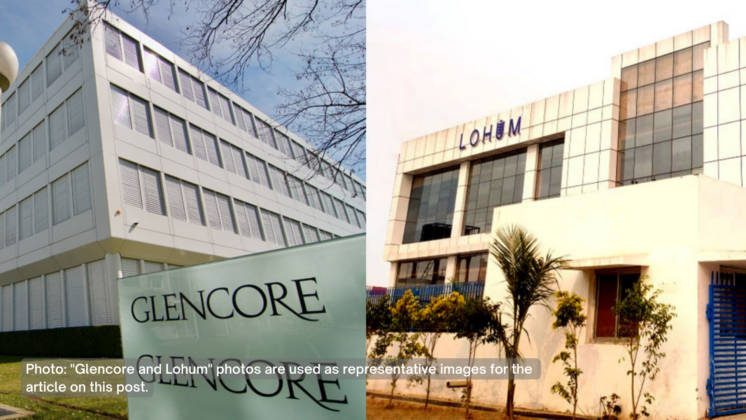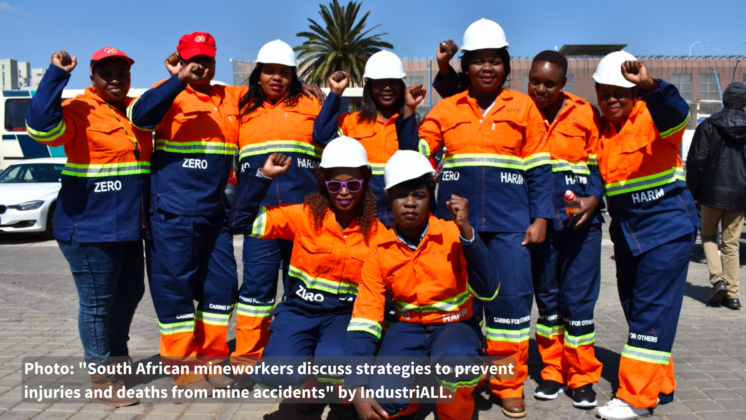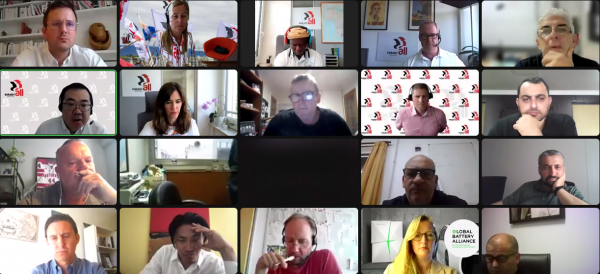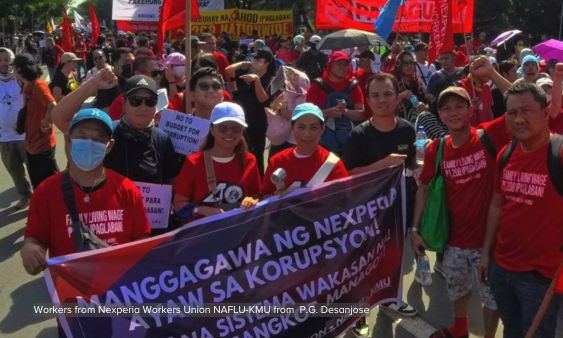An IndustriALL trade union network meeting on 8 September in Johannesburg urged Glencore to be consistent in implementing global policies that protected workers and human rights, community interests, and the environment.
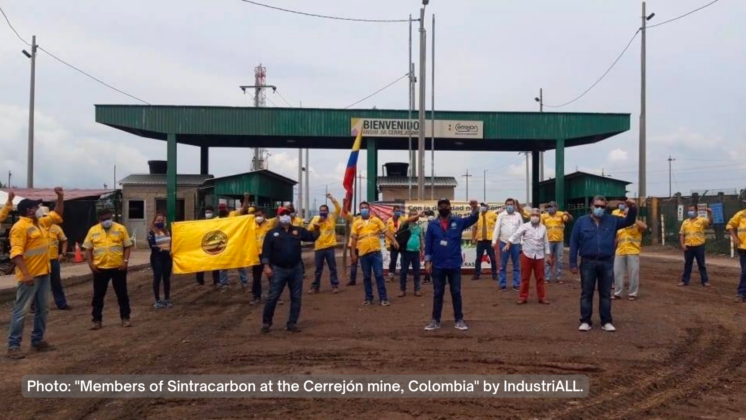
Glencore is amongst the multinational companies that are benefiting from the commodities boom linked to decarbonisation. With operations in 35 countries, Glencore trades in over 60 commodities, including metals and minerals like copper, cobalt, zinc, and nickel that are in high demand for use in the manufacturing of electric vehicles. Glencore also has coal mines which are facing closure as part of climate change mitigation to reduce carbon emissions.
In South Africa, the commodity trading multinational, which is listed on the London Stock Exchange and Johannesburg Stock Exchange, has the ferroalloys division, which mines and markets chrome ore, ferrochrome, manganese alloys and vanadium. The coal division produces thermal coal for domestic power generation and export.
The unions, part of the IndustriALL Glencore network, met to discuss the battery supply chain and just transition, and scrutinised Glencore’s policies on human rights, responsible sourcing, and the environment. The meeting recommended a gender responsive approach to just transition.
The roles of voluntary standards and assurance in the mining sector were discussed with a special recognition given to the Initiative for Responsible Mining Assurance (IRMA) for including workers’ rights.
Speaking at the meeting, Japie Fullard, Glencore FerroAlloys South Africa chief executive officer, said the company is involved in youth and women empowerment and provides support for enterprise development and financed community infrastructure. He said Glencore is committed to the implementation of the national strategic plan to end gender-based violence and femicide, and over 13,000 sanitary pads were distributed to girls in communities where it operates. Glencore is developing a just transition plan for its alloys and coal divisions.
The National Union of Mineworkers, the National Union of Metalworkers of South Africa, and UASA, all affiliated to IndustriALL, commended Glencore for the initiatives, but said the company should also implement the same policies in the coal division. The unions said Glencore’s policies are inconsistent as they differ between operations and countries. They argued that this led to doubts on its commitment and called upon the company to change its corporate behaviour through social dialogue.
Although Glencore has reporting systems in place, unions said workers were victimised after reporting discrimination, creating an environment of fear as workers were not protected after lodging complaints. Instead, they were charged with “misconduct.” Unions stressed on the need for better industrial relations at Glencore as the human resources departments were hostile to workers.
In Latin America, IndustriALL affiliate Sintracarbon is advocating for an integrated just transition plan that protects workers, communities, and the environment.
Glencore’s Colombian coal mine Cerrejón, one of the largest open-cast coal mines in the world, is slated to close in 2034, yet the mandatory mine closure plan is not in place. Based on the experience of Glencore’s recently relinquished Prodeco mines, workers and communities fear they will be left with a legacy of unresolved social and environmental problems.
Laura Carter, IndustriALL assistant regional secretary for Latin America and the Caribbean, says:
“Sintracarbon continues to fight to defend the rights of workers at the Glencore mines that face a litany of ongoing violations. These include mass dismissals because of unilaterally imposed shift changes, health and safety problems, and anti-union behaviour.”
Glen Mpufane, IndustriALL mining director says:
“Glencore must respect workers and human rights globally and implement environment, social, governance due diligence measures. A gender responsive approach by the company will end the precarious working conditions for women from subcontracted companies.”
The meeting was attended by 20 participants and held with support from the Friedrich Ebert Stiftung Trade Union Competency Centre for Sub Saharan Africa.
Reposted from IndustriALL.

